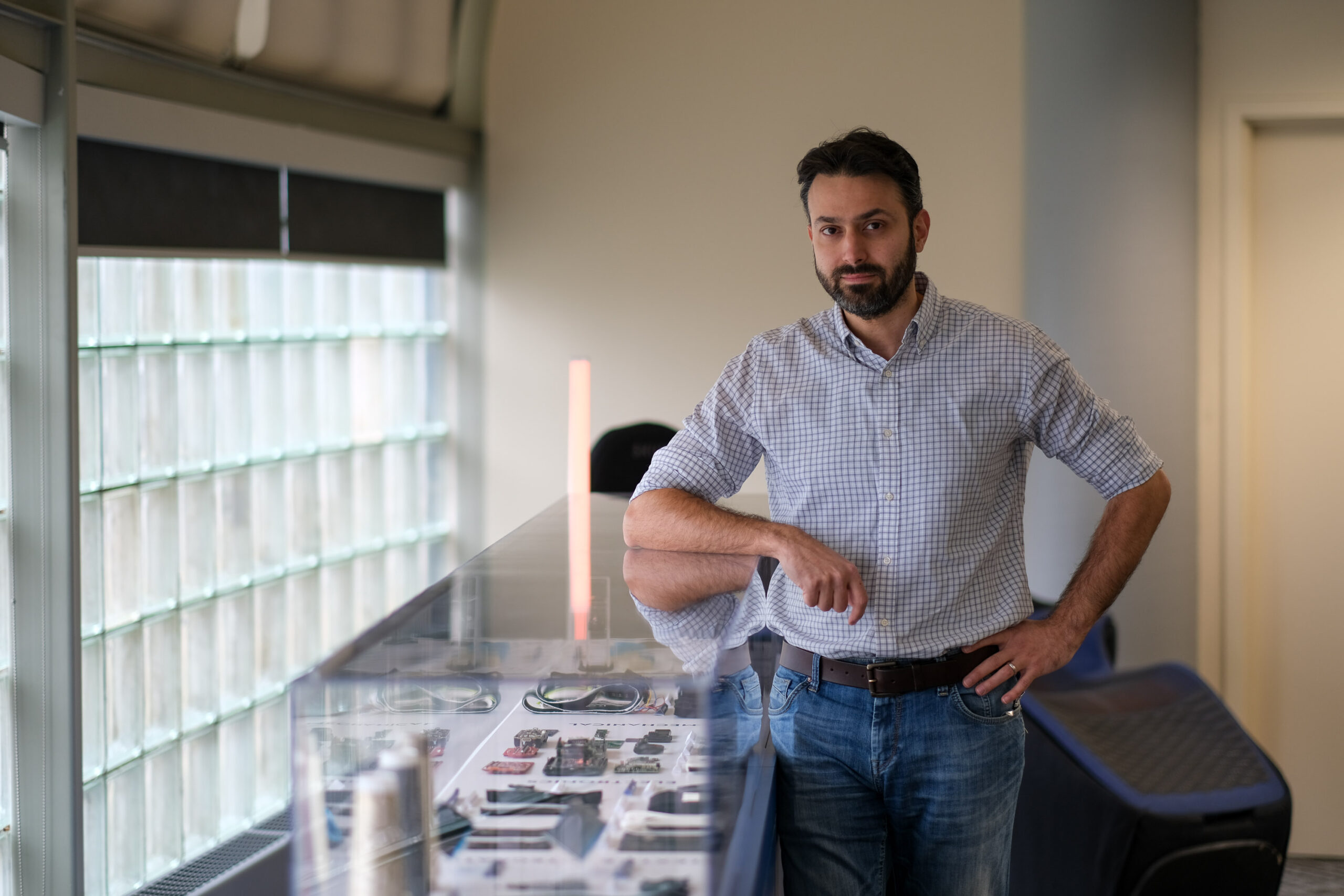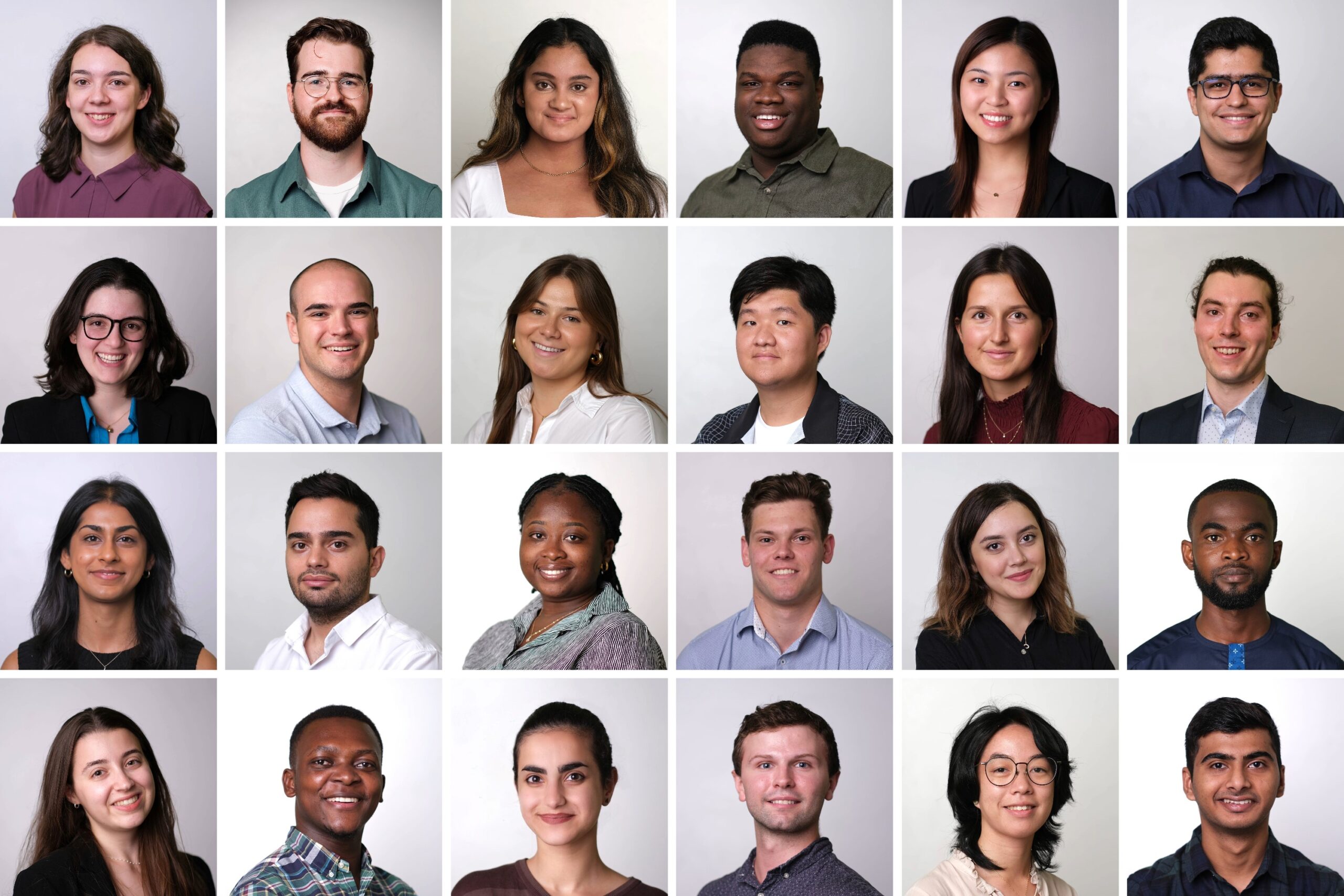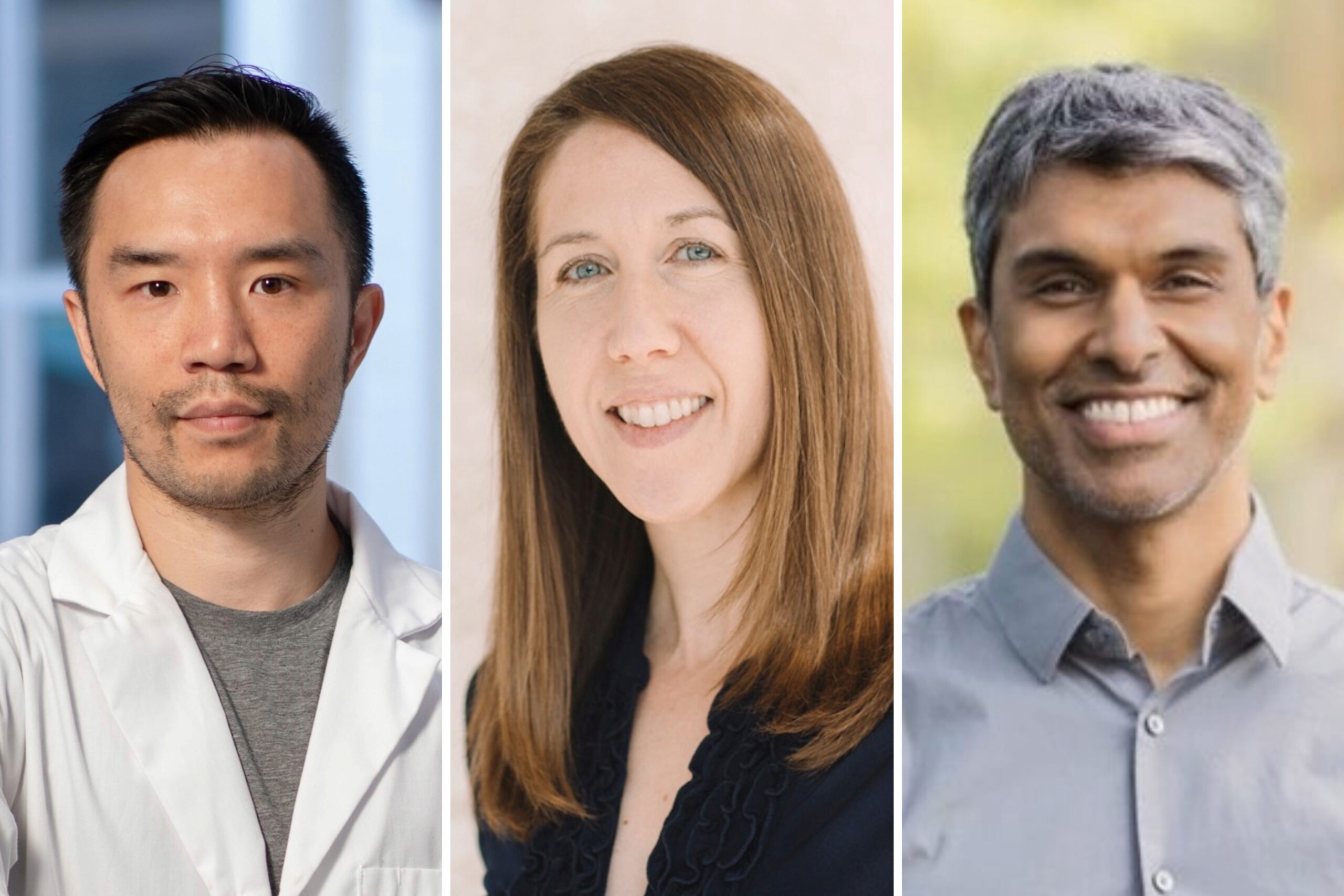Doctor of Philosophy (PhD)
Overview
A research-intensive program applying biomedical sciences and engineering to solve health challenges. Distinguished scholars join after a bachelor's or master's degree. PhD students receive a guaranteed stipend for four years.
Length of study
Four years (for a well-prepared student to complete all requirements full-time).
Quick Navigation
Criteria for success
The PhD program is designed to train students in becoming experts and leaders in research in any setting, such as (but not limited to) academic institutions, industry, non-governmental organizations, and government agencies. The core focus of a doctorate is the development and honing of five essential skills: 1) the acquisition of broad knowledge of the field and hands-on methodology; 2) the ability to create, design, and execute original, innovative and high-quality work; 3) the capacity for critical thinking and synthesis of new and complex ideas; 4) the effective communication of scientific results in all written, verbal and visual formats; and 5) adherence to the highest standards of ethics and integrity.
The end-goal of the PhD training is to push the limits of current scientific knowledge, whether through solving previously unresolved questions or creating new solutions for yet-to-be-identified problems. Ideally, the research should be framed carefully within the context of the broader field, showing a deep and integrated understanding of the big picture and where the doctoral research fits.
In keeping with the expectations of most PhD programs in STEM in Canada and the United States, PhD candidates in Biomedical Engineering must meet the following requirements for successful completion of the program:
- Completion of compulsory coursework, training activities (e.g., regular supervisory meetings), and exams.
- A written dissertation that demonstrates strong scientific motivation and substantial, cohesive aims to support a rational scientific enquiry.
- An oral defense that demonstrates thorough knowledge of the field, methods employed, contributions to the field, and significance of the work.
- Three first-authored original peer-reviewed research articles published in the leading journals of the field. In many instances, these three articles correspond to the three scientific aims that comprise the main chapters of a cohesive dissertation.
Admission requirements
- An appropriate degree in engineering, medicine, dentistry, physical sciences, biological sciences, or its equivalent from a recognized university.
- Direct entry after completion of a bachelor’s degree: A four-year bachelor’s degree with an average of at least 3.7 on a 4.0 GPA scale (i.e., A minus) in each of the last two years of completed study.
- Entry after completion of a master’s degree: A master’s degree with a cumulative average of at least 3.3 on a 4.0 GPA scale (i.e., B plus).
- Proof of English-language proficiency is required for all applicants educated outside of Canada whose native language is not English. View the BME English-language requirement policy to determine whether you are required to take a language test and for a list of accepted testing agencies and their minimum scores required for admission.
- Applicants must find a BME faculty supervisor.
- Admission to the research program is for a designated role with a specific faculty supervisor.
- You don't need a supervisor when applying, but admission is competitive, and only candidates who have secured a research supervisor will be admitted.
- The supervisor (and co-supervisor, if applicable) must be a faculty member of BME (core or cross-appointed); faculty from other units cannot supervise BME students.
Notes
- MD/PhD candidates must apply through the MD program
- Meeting the minimum requirements does not guarantee admission
- GRE score is not required
Application procedures
- Complete the online application (see requirements) and pay the application fee
- Arrange for your English test score to be reported electronically to the University of Toronto by the testing agency if applicable. The institution code for U of T is 0982-00 (there is no need to specify a department)
- Contact the BME Graduate Office to identify your BME faculty supervisor
Deadline
Rolling admission; multiple rounds with different enrollment capacity in each cycle
Tuition fees
| Status | Option | Program Fee |
|---|---|---|
| Domestic | Full-time: Fall - Winter | Year\School of Graduate Studies\Domestic Fees; See Table 1 |
| International | Full-time: Fall - Winter | Year\School of Graduate Studies\International Fees; See Table 1 |
Last updated: Nov., 2025
Questions?
| Program / Topic | Service / Contact |
|---|---|
| Graduate Admissions | Ask BME |
| Graduate Awards | Ask SGS |
| Financial Aid – OSAP, UTAPS, U.S. Students | Ask Enrolment Services |
| Financial Aid – Provincial and Territorial Students | Ask Enrolment Services |
| MEng Funding Options (ScotiaLine) | Ask Scotiabank |
| Tuition & Fees | Ask Student Accounts |
| Study Permits & Immigration | Ask CIE |
More information



